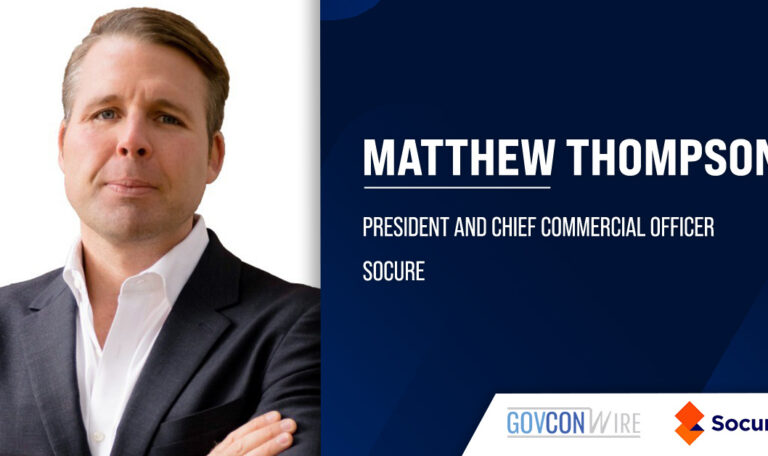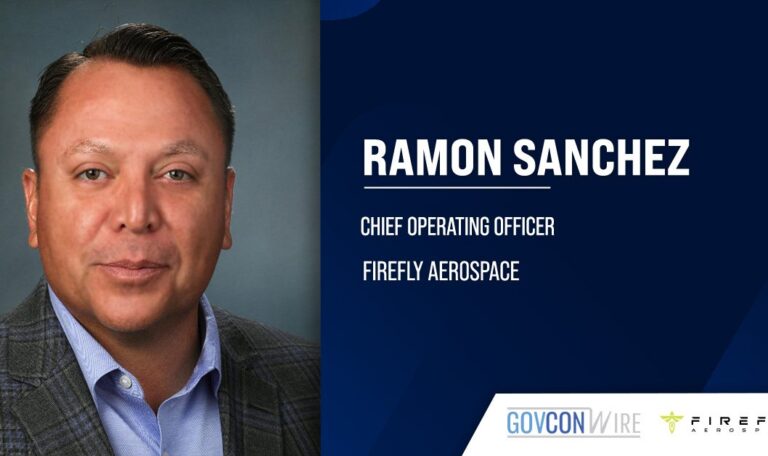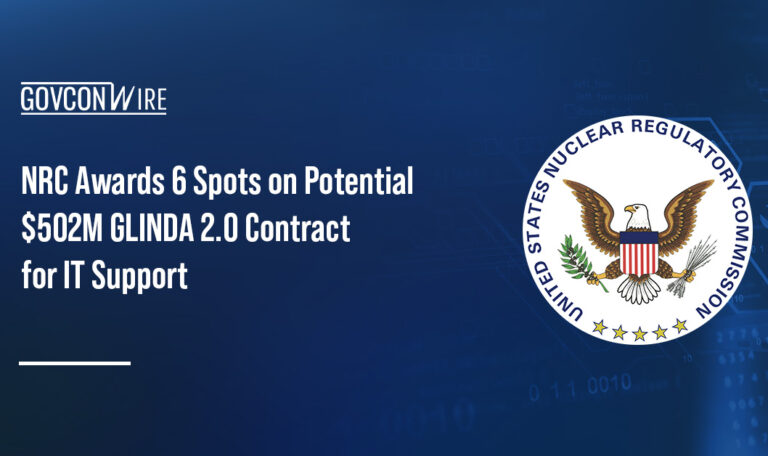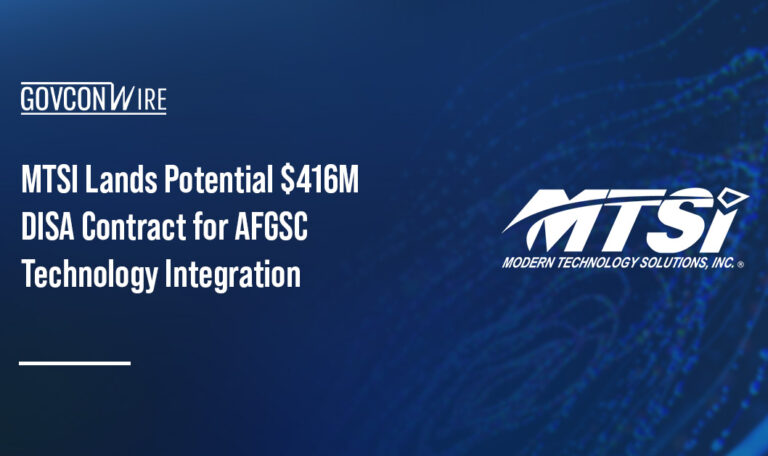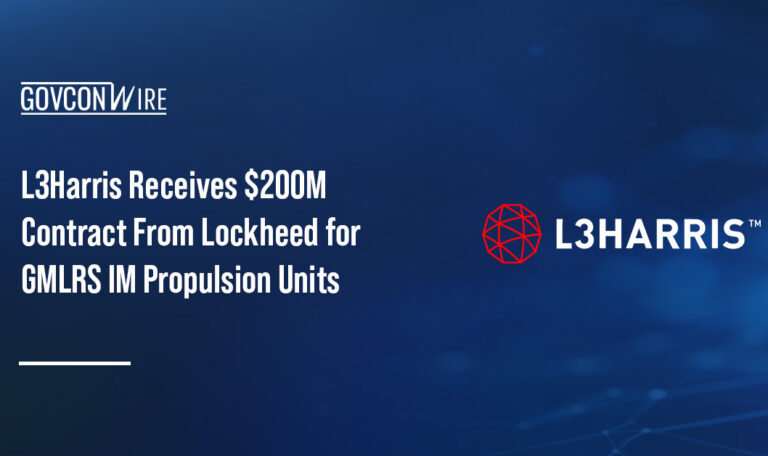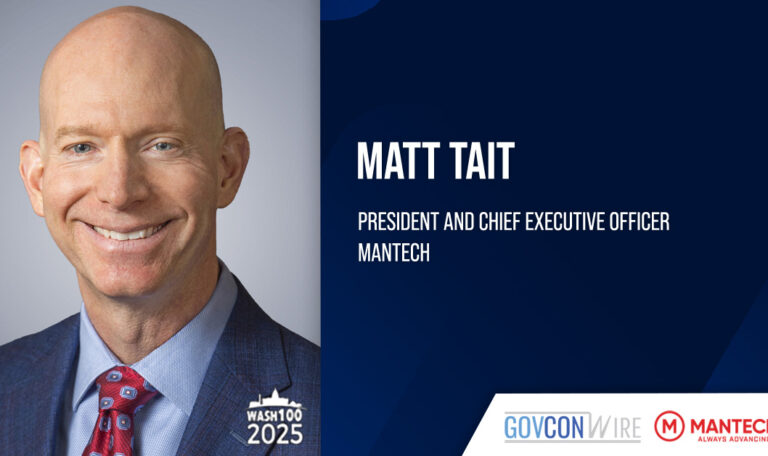An Institute for Security and Technology task force has released a report outlining a comprehensive framework of 48 recommendations that government and private sector leaders can implement to counter the threats posed by ransomware, GovCon Wire has learned.
The framework developed by IST’s Ransomware Task Force is structured around four interlocking goals: deter ransomware attacks through a nationally and internationally coordinated strategy; disrupt the ransomware business model; prepare for such attacks and respond to attacks more effectively.
“Ransomware causes billions of dollars in losses each year and that threat will only grow worse if we don’t work together now on realistic solutions,” said John Davis, vice president of public sector at Palo Alto Networks (NYSE: PANW) and a retired U.S. Army major general.
“An aggressive, sustained and coordinated public-private campaign to defend against ransomware attacks is vital towards reducing risk to our country’s financial and national security sectors, as well as ensuring public health and safety at scale. This report provides a blueprint for action and we look forward to working closely with the U.S. government, state agencies and other private partners to further address this problem.”
Some of the key recommendations in the report are establishing an international coalition to fight ransomware criminals and a global network of ransomware investigation hubs; creating a U.S. government joint ransomware task force to work with the private sector; and directing the U.S. intelligence community to prioritize ransomware and designate it as a national security threat.
The RTF report also calls on the U.S. government to exert pressure on countries that refuse to take action against criminals, incentivize voluntary sharing of information between law enforcement and cryptocurrency entities, increase government sharing of ransomware intelligence, organize government-backed tabletop exercises and campaigns, update cyber hygiene regulations and standards, require local governments and managed service providers to adopt baseline security measures and direct organizations to assess alternatives before making payments.
“This report provides a blueprint for action and we look forward to working closely with the U.S. government, state agencies and other private partners to further address this problem,” Davis said.
The Ransomware Task Force will hold an online event Thursday to unveil and discuss the recommendations of its strategic framework for combating ransomware. You can register for the event here: https://ransomwaretaskforce-




